
The 1960s and 70s were a transformative period in filmmaking, marking the end of Hollywood’s Golden Age and the beginning of the New Hollywood era. Filmmakers started experimenting with new storytelling techniques, tackling controversial subjects, and breaking away from traditional narrative structures. This was a time when movies were more than just entertainment; they were statements, pushing boundaries and challenging audiences in ways that had never been done before. Here are some of the groundbreaking films from the 60s and 70s that forever changed the course of cinema.
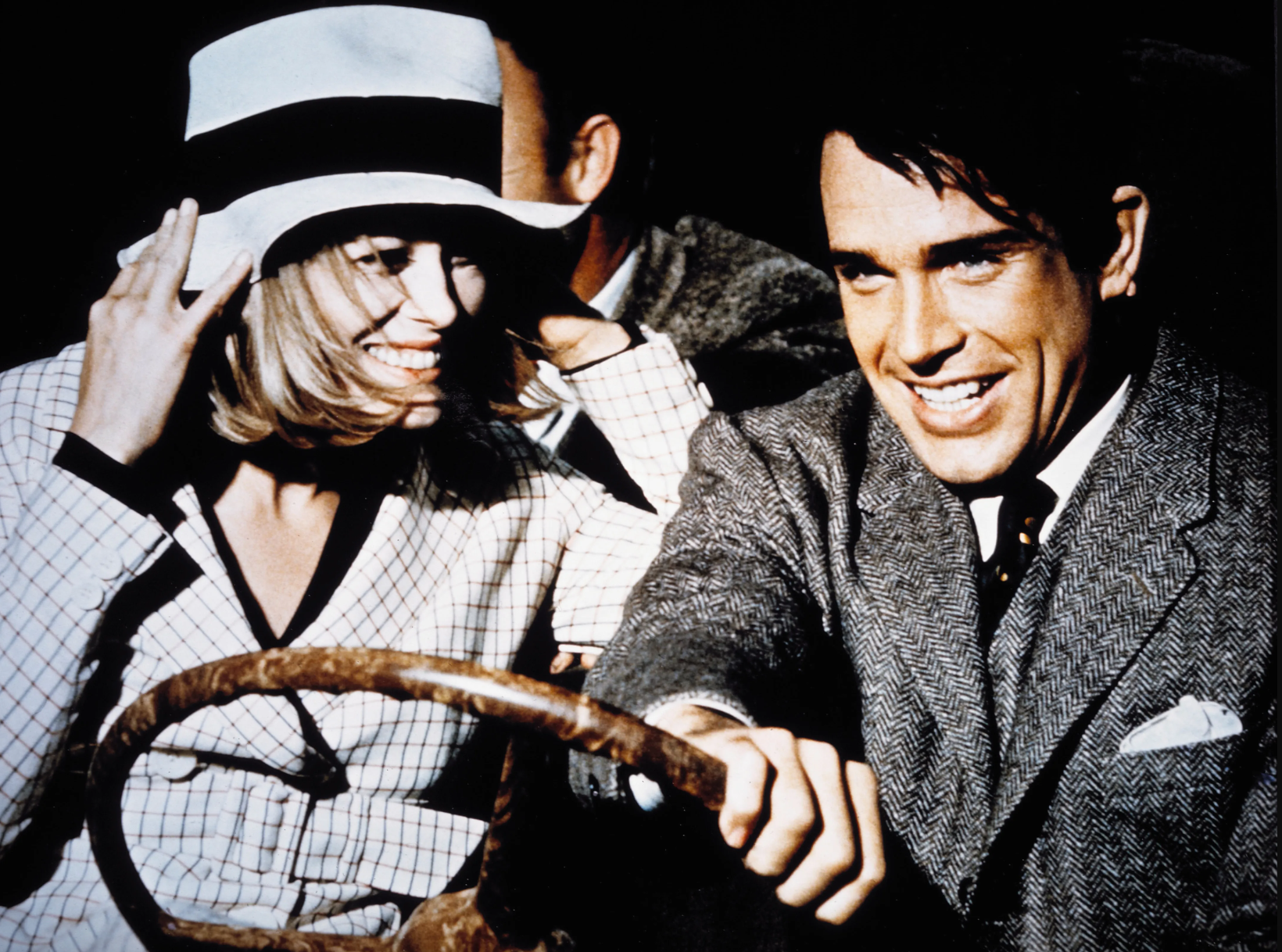
Bonnie and Clyde wasn’t just another gangster movie; it was a cultural milestone that ushered in the New Hollywood era. Directed by Arthur Penn, the film broke the mold with its sympathetic portrayal of outlaws Bonnie Parker and Clyde Barrow, played by Faye Dunaway and Warren Beatty. Its graphic violence and brutal ending were shocking for the time, leading to debates about censorship and the depiction of violence on screen. The film’s stylish editing and use of slow motion influenced countless filmmakers, making it a revolutionary piece that still holds up as a cinematic classic.
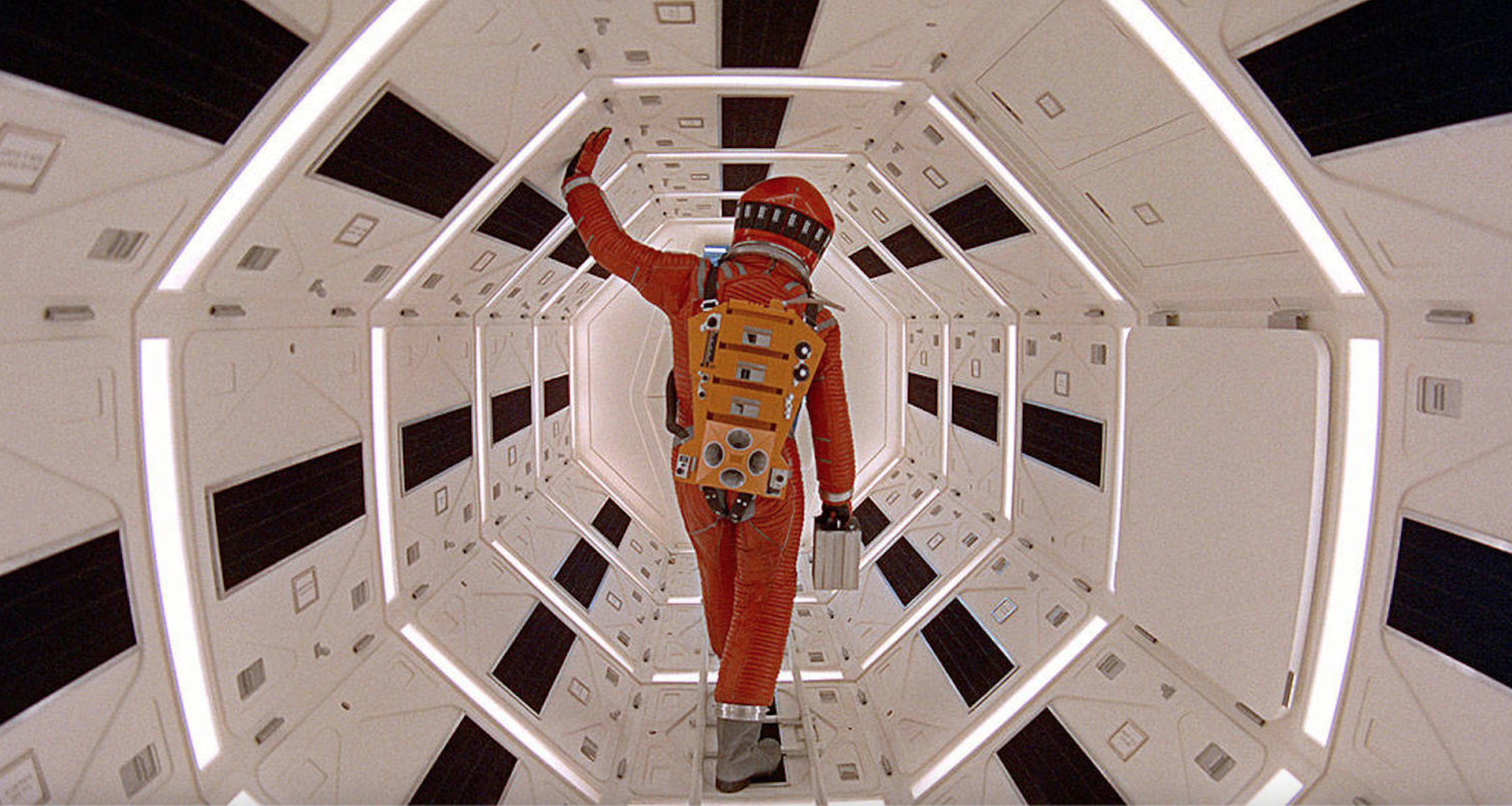
Stanley Kubrick’s 2001: A Space Odyssey was a game-changer for the science fiction genre. Its groundbreaking special effects, philosophical themes, and ambiguous storytelling left audiences both awestruck and confused. The film’s portrayal of artificial intelligence and the future of humanity was far ahead of its time, and its iconic scenes, like the bone-to-satellite transition, have become some of the most studied in film history. Kubrick’s ambitious vision and attention to detail set a new standard for what cinema could achieve, making 2001 a masterpiece that continues to influence filmmakers today.
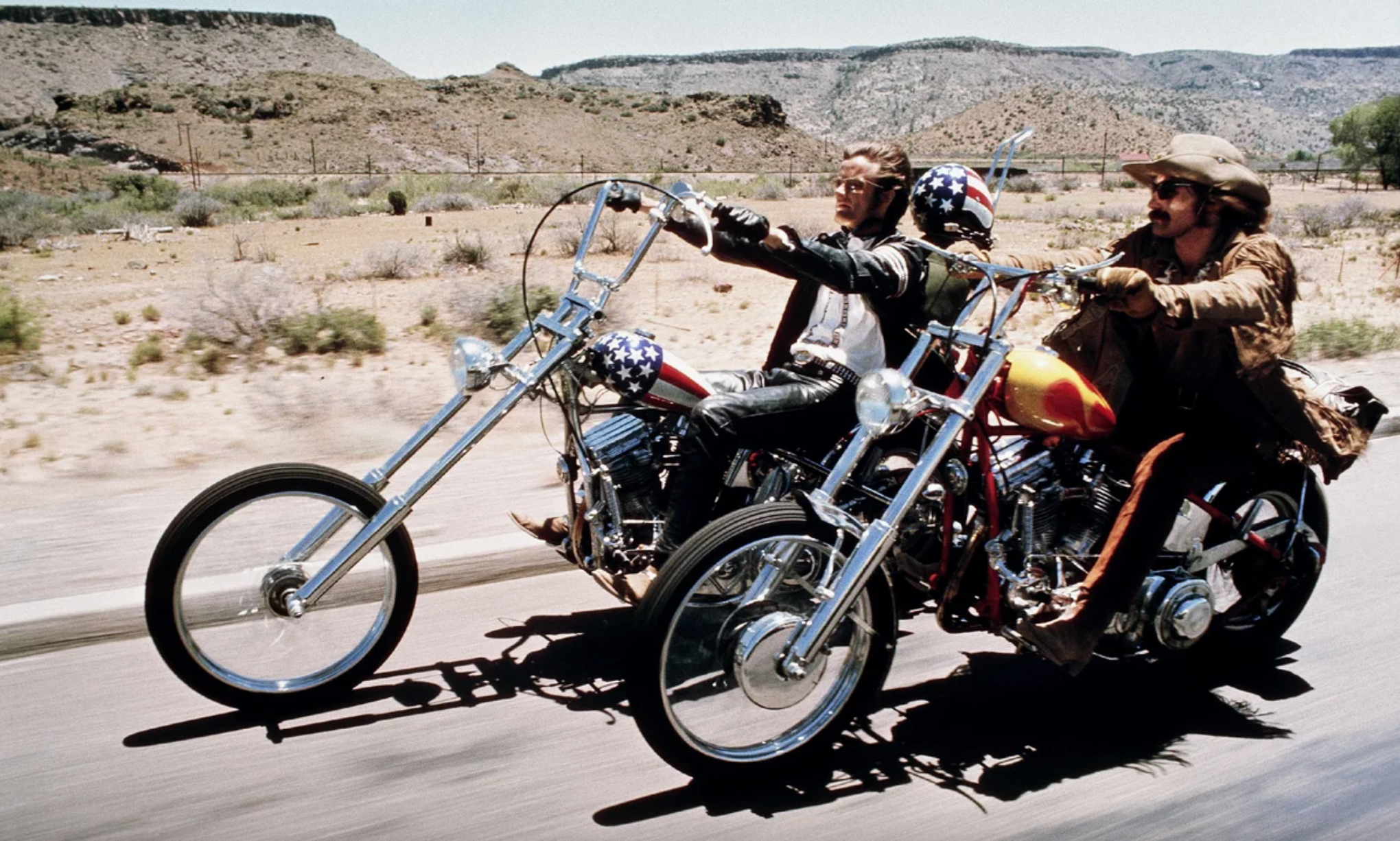
Easy Rider captured the spirit of the counterculture movement like no other film. Directed by Dennis Hopper and starring Peter Fonda and Jack Nicholson, the movie was a low-budget indie hit that became a cultural phenomenon. Its exploration of freedom, rebellion, and the American Dream resonated with a disillusioned generation. The film’s use of rock music as a soundtrack and its unconventional narrative style were groundbreaking at the time, paving the way for more independent and auteur-driven filmmaking in Hollywood.
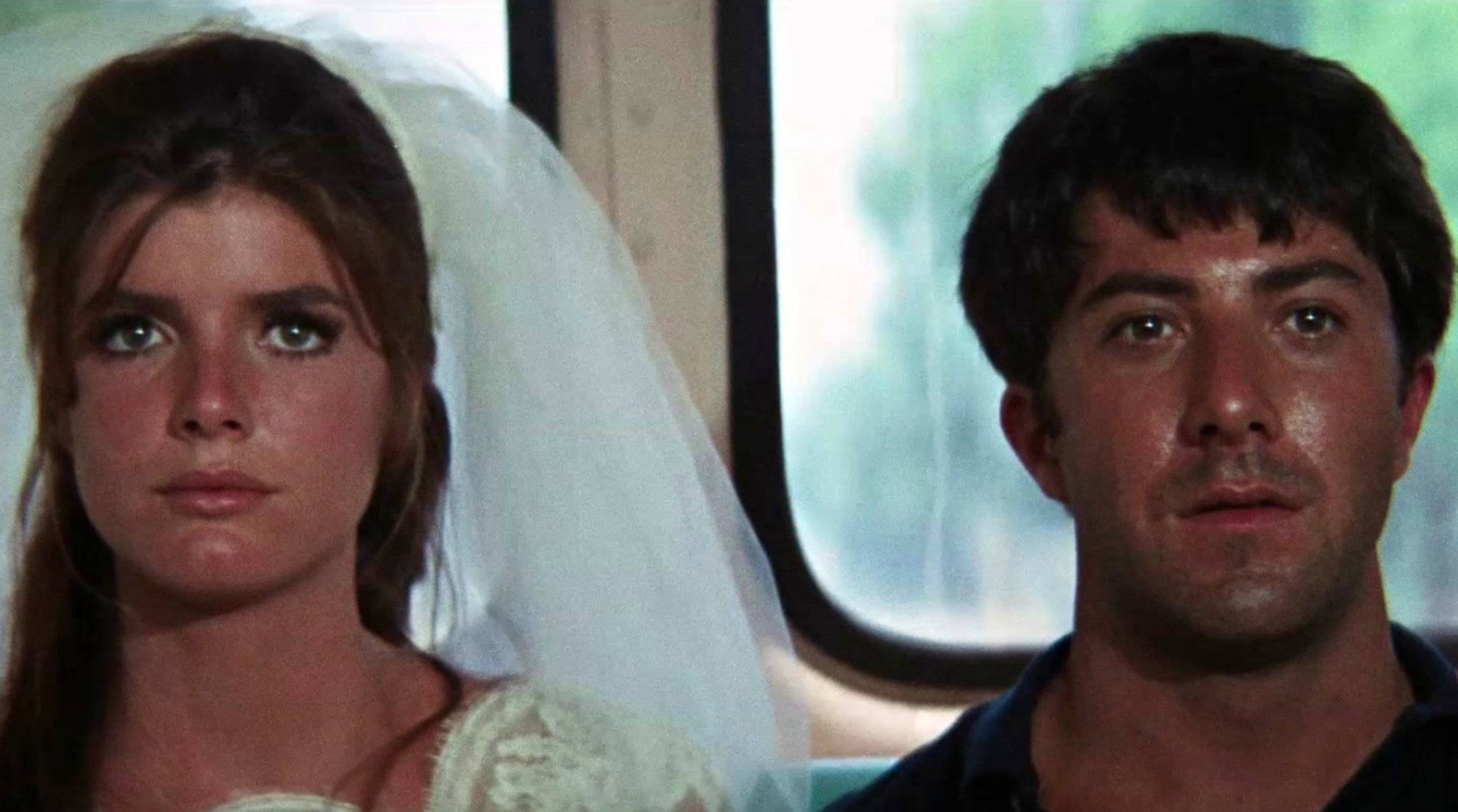
Directed by Mike Nichols, The Graduate became an instant classic for its bold storytelling and relatable portrayal of disaffected youth. The film follows Benjamin Braddock (Dustin Hoffman), a recent college graduate who finds himself in an affair with an older woman, Mrs. Robinson. Its frank depiction of sexual themes, combined with a now-iconic soundtrack by Simon & Garfunkel, resonated with the younger generation. The movie’s innovative camera work and focus on social alienation helped usher in a new wave of American cinema, where filmmakers were free to explore more mature and controversial topics.
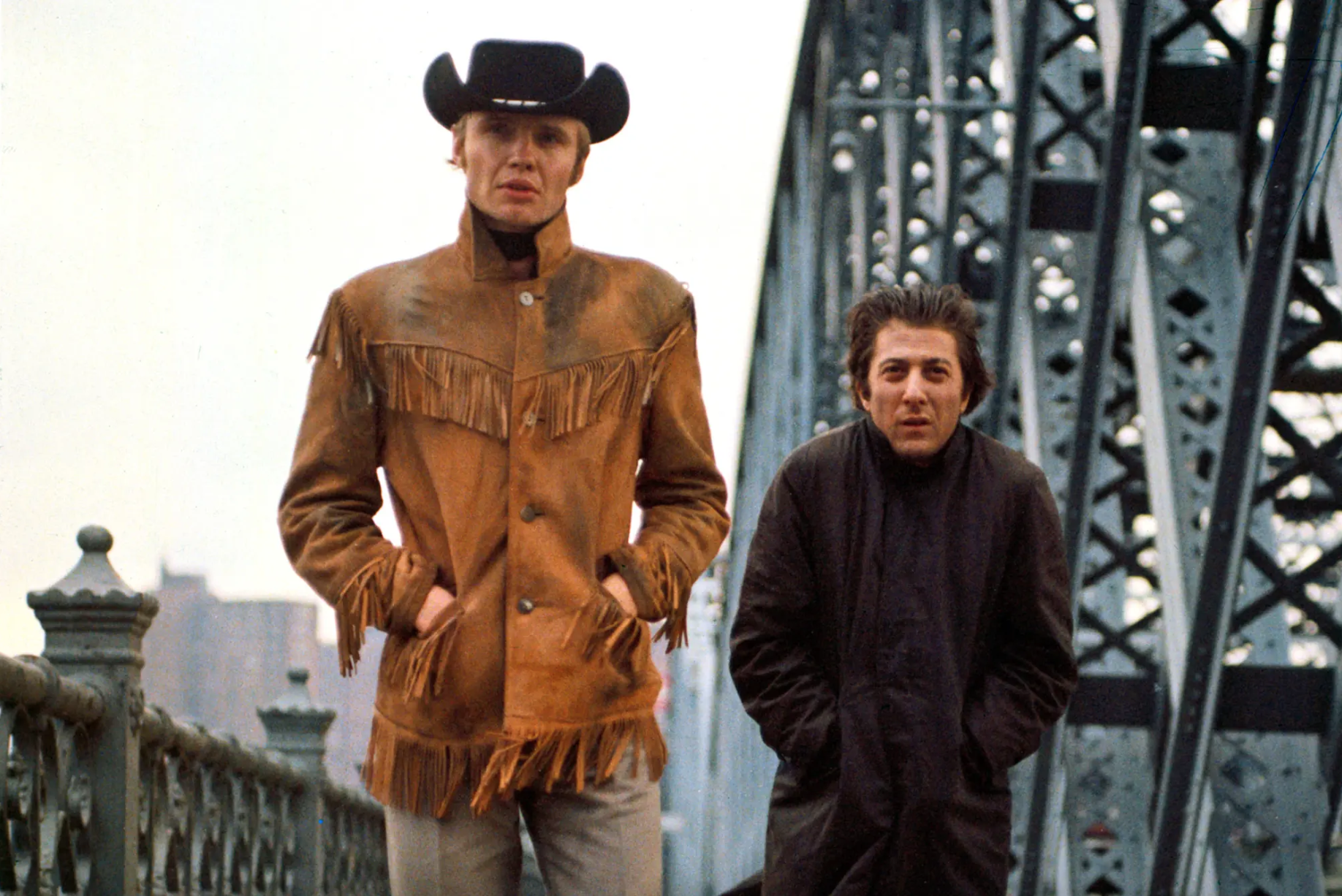
Midnight Cowboy was the first (and only) X-rated film to win the Oscar for Best Picture. Directed by John Schlesinger, it told the gritty story of a naïve Texan (Jon Voight) who moves to New York City, befriends a street hustler (Dustin Hoffman), and struggles to make a living as a male escort. The film’s raw portrayal of urban life, combined with its exploration of themes like loneliness and friendship, pushed the boundaries of what was considered acceptable in mainstream cinema. Its success opened the door for more daring and adult-themed films in the 70s.
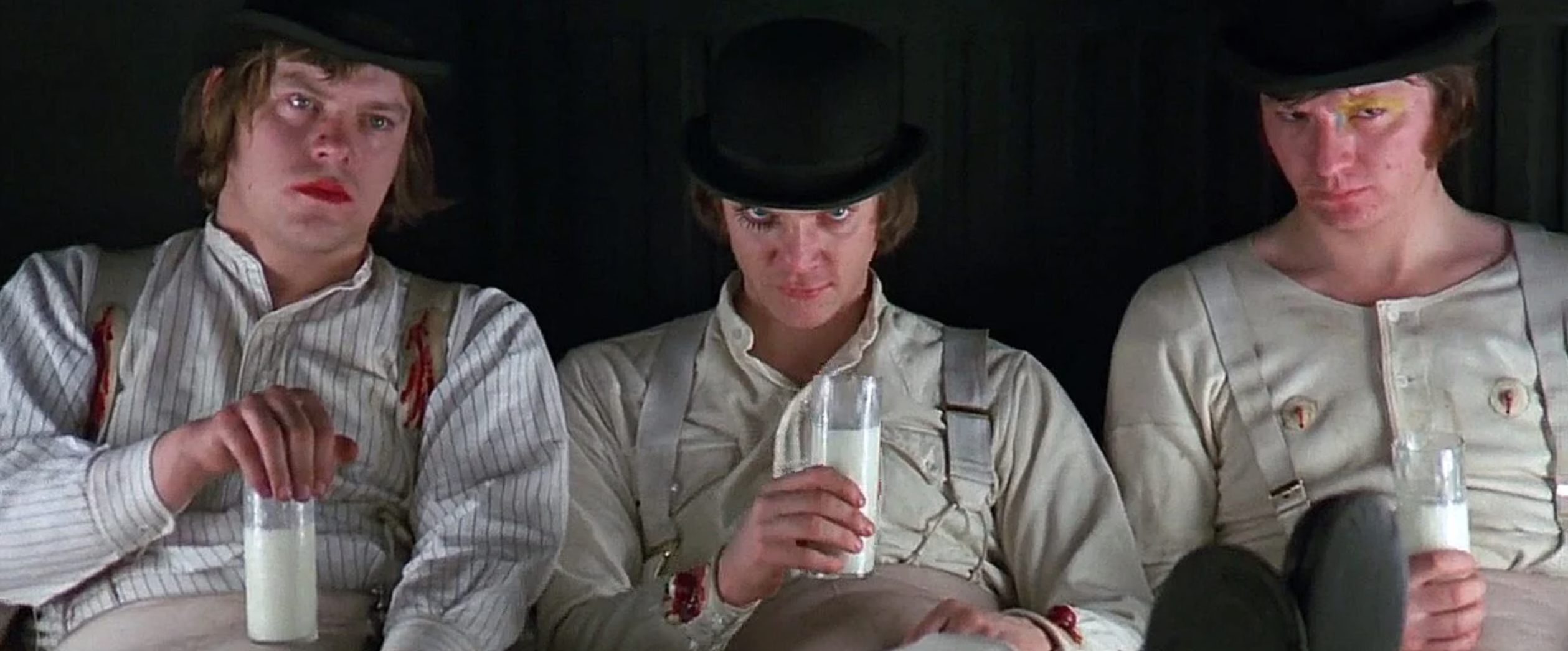
Stanley Kubrick’s A Clockwork Orange was as controversial as it was revolutionary. The film’s depiction of ultra-violence and its exploration of free will and state control were shocking to audiences. Malcolm McDowell’s chilling performance as Alex DeLarge and Kubrick’s distinctive visual style made the film a disturbing yet mesmerizing experience. It was banned in several countries and faced intense criticism, but its bold narrative and stylistic choices influenced the dystopian genre and cemented Kubrick’s legacy as a visionary filmmaker.
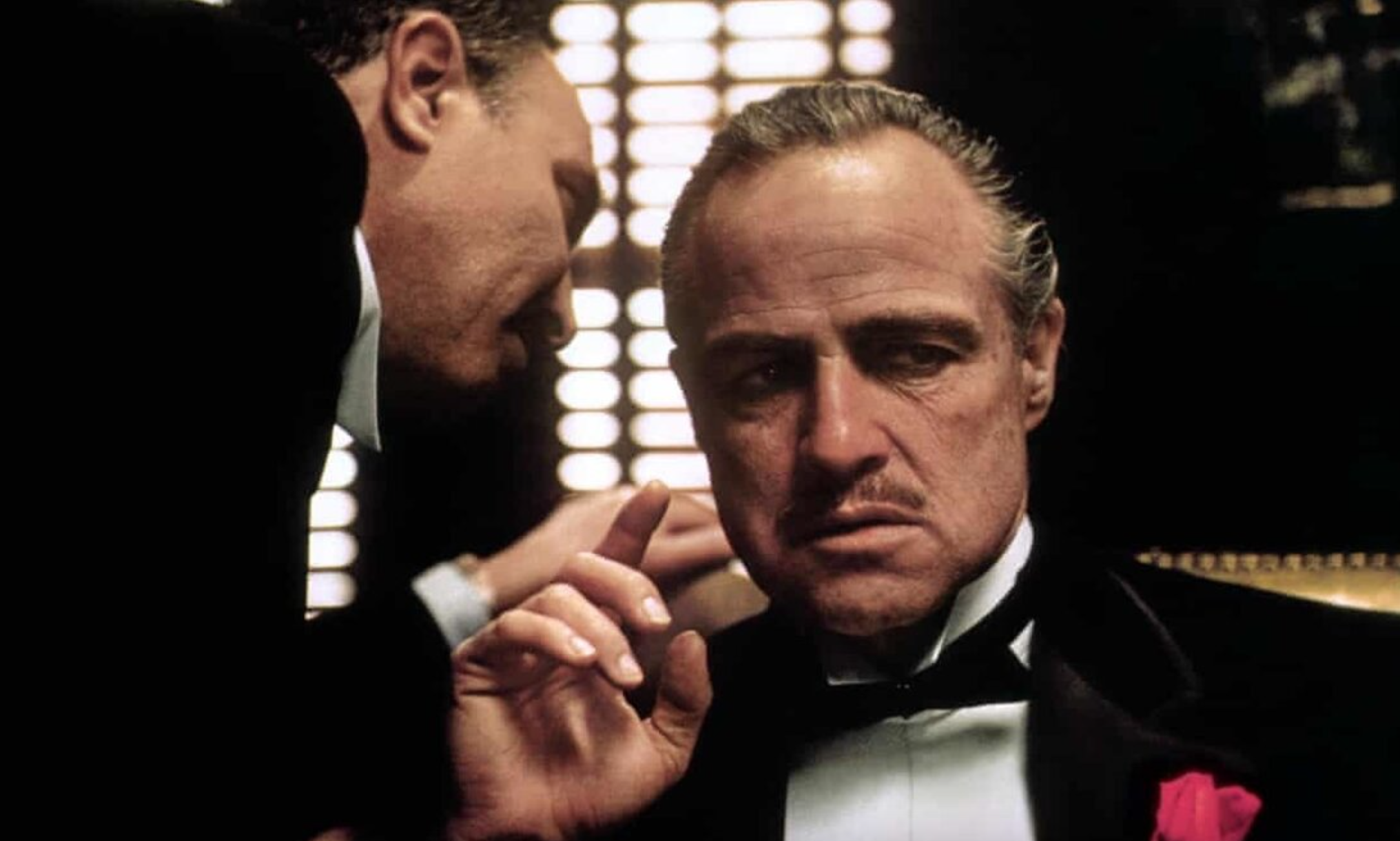
Francis Ford Coppola’s The Godfather didn’t just change the crime genre; it changed cinema itself. The film’s epic storytelling, complex characters, and iconic performances by Marlon Brando and Al Pacino set a new standard for filmmaking. It brought a new level of realism to the portrayal of the Mafia, focusing on the family dynamics and moral dilemmas faced by its characters. The movie’s influence can be seen in countless films and TV shows that followed, making it a cornerstone of American cinema.

Steven Spielberg’s Jaws was the film that invented the summer blockbuster. Its suspenseful storytelling, memorable score by John Williams, and groundbreaking use of special effects made it an instant hit. The movie’s success proved that a high-concept thriller could dominate the box office, changing Hollywood’s release strategy forever. Jaws also set the template for the modern thriller, with its emphasis on building tension and delivering shocking scares.
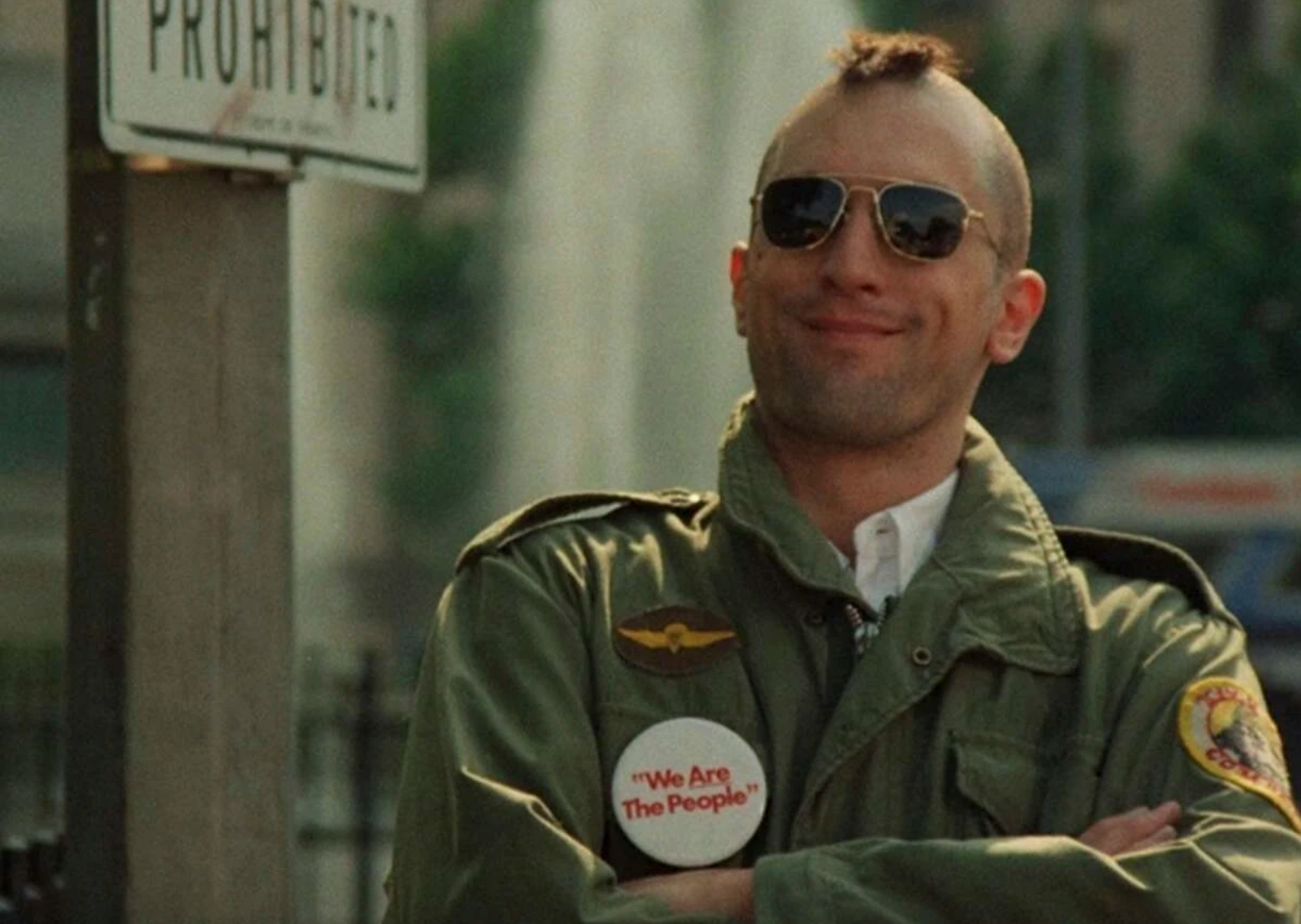
Martin Scorsese’s Taxi Driver was a raw, unflinching look at the darker side of American society. Robert De Niro’s portrayal of Travis Bickle, a disturbed Vietnam War veteran, was both haunting and iconic. The film’s exploration of alienation, mental health, and urban decay resonated deeply with audiences in the post-Vietnam era. Its gritty realism, combined with Scorsese’s dynamic direction, made Taxi Driver a revolutionary film that continues to be a touchstone for filmmakers exploring the human psyche.

George Lucas’s Star Wars wasn’t just a movie; it was a cultural revolution. Blending sci-fi, fantasy, and classic hero’s journey storytelling, Star Wars captured the imaginations of audiences worldwide. Its groundbreaking special effects, innovative sound design, and epic world-building set a new standard for blockbuster filmmaking. The movie’s success launched a franchise that became a cornerstone of pop culture, proving that cinema could be both a commercial juggernaut and a mythic storytelling experience.

